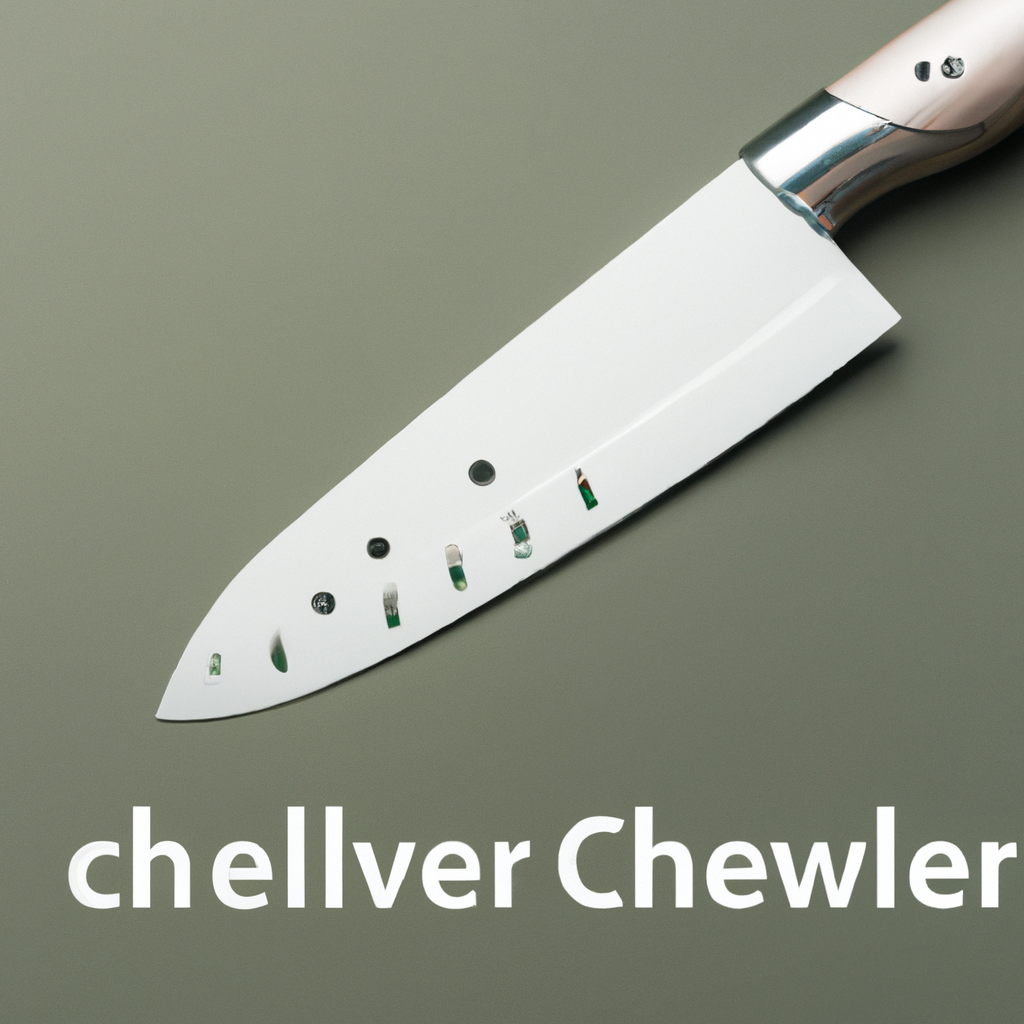The Ultimate Guide to Maintaining Cleavers Bought from Knives Shop
Whether you're a passionate home cook or a seasoned professional chef, you understand the importance of having the right tools in your culinary arsenal. One such indispensable tool is the cleaver, which you may have recently purchased from our Knives Shop. This robust kitchen companion, with its broad and weighty blade, can revolutionize your cooking experience. However, to ensure your cleaver remains a reliable partner for many years, it's crucial to maintain it correctly. This detailed guide will provide you with a step-by-step approach to keeping your cleaver in top-notch condition.
Why is Cleaver Maintenance Important?
Regular maintenance of your cleaver goes beyond keeping it shiny; it's about guaranteeing its performance and longevity. A well-maintained cleaver delivers precise and effortless cuts, minimizing the risk of accidents that can happen with a dull blade. Additionally, proper care helps prevent rust and corrosion, which can severely impact the blade's performance. By following the maintenance tips in this guide, you can maximize the lifespan and efficiency of your cleaver.
1. Clean Your Cleaver After Each Use
Like any other kitchen tool, your cleaver needs cleaning after each use. This step is crucial to remove any food remnants, oils, or debris that may have stuck to the blade. Here's a simple routine to clean your cleaver:
- Rinse the blade under warm water to dislodge any loose particles.
- Apply a mild dish soap and use a sponge or soft cloth to gently scrub the blade.
- Pay extra attention to the handle and the junction where the blade meets the handle, as these areas can become breeding grounds for bacteria.
- Rinse the cleaver again under warm water to wash off any soap residue.
- Pat the blade dry with a clean towel.
By cleaning your cleaver after each use, you prevent bacterial buildup and maintain a sanitary cooking environment. For more tips on cleaning your kitchen tools, visit our blog.
2. Sharpen Your Cleaver Regularly
A sharp blade is key to efficient and safe cutting. With regular use, your cleaver's blade may lose its sharpness. To maintain its cutting edge, it's important to sharpen your cleaver regularly. Here's how:
- Use a sharpening stone or a honing rod to sharpen the blade.
- Hold the cleaver at a 20-degree angle and slide it across the stone or rod in a sweeping motion.
- Repeat this process several times on each side of the blade until you achieve the desired sharpness.
- Remember to clean the blade after sharpening to remove any metal particles.
Regular sharpening not only ensures precise cutting but also extends the life of your cleaver. For more information on sharpening your knives, visit our knife maintenance blog.
3. Store Your Cleaver Properly
Proper storage is essential to protect the blade of your cleaver and prevent accidents. Here are some tips for storing your cleaver:
- Store your cleaver in a knife block or a knife roll to protect the blade from damage.
- If using a knife block, ensure the blade is fully inserted into the designated slot to prevent it from touching other knives.
- Alternatively, you can use a blade guard or a knife sheath to cover the blade and protect it from scratches.
- Avoid storing your cleaver in a drawer with other utensils, as this can lead to blade damage and accidents.
By storing your cleaver properly, you can ensure its safety and maintain its sharpness.
4. Avoid Excessive Force and Misuse
While cleavers are designed for heavy-duty tasks, it is important to use them correctly to avoid damage. Here are some tips to keep in mind:
- Avoid using excessive force when cutting with your cleaver. Let the weight of the blade do the work.
- Do not use your cleaver to pry open cans or bottles, as this can damage the blade.
- Avoid cutting through bones or frozen foods with your cleaver, as this can cause the blade to chip or break.
- Use a cutting board made of wood or plastic to protect the blade and prevent it from dulling. Check out our blogs on plastic cutting boards and bamboo cutting boards for more information.
By using your cleaver correctly and avoiding misuse, you can prevent unnecessary damage and ensure its longevity.
Conclusion
Maintaining your cleaver is essential for its longevity and optimal performance. By following the tips outlined in this guide, you can keep your cleaver sharp, rust-free, and in excellent condition. Remember to clean your cleaver after each use, sharpen it regularly, store it properly, and use it correctly to avoid damage. With proper maintenance, your cleaver from Knives Shop will be your trusted kitchen companion for years to come.



























